Our Mission
Our Services
We provide testing for:
|
|
|
Whether you'd like to increase your crop yield, grow healthier roses, test the quality of your drinking water, or make sure your creek isn't polluted, we can help.
To submit samples to the labs, contact your County Extension Office.
| If you don't have access to an Extension office, you can order a Soil Test Kit. This is more expensive than taking your samples to an Extension office, but it may be more convenient, especially if you have a small number of samples. It also makes a great gift. |
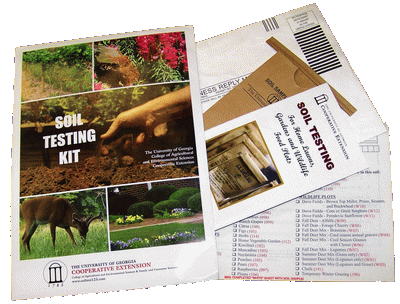
|
Our Laboratories
The Agricultural and Environmental Services Laboratories (AESL) are comprised of two cooperating units:
Soil, Plant, and Water Lab
(SPW)
| Program Coordinator: | Dr. Jason Lessl |
| Director: | Dr. Jason Lessl |
Athens, Georgia 30602-9105
phone: 706-542-5350
fax: 706-369-5734
soiltest@uga.edu
This laboratory performs analysis of soil, plant tissue, water, animal waste, sludge, and cotton petioles.
Feed and Environmental Water Lab
(FEW)
| Program Coordinator: | Dr. Uttam Saha |
| Director: | Dr. Jason Lessl |
Athens, Georgia 30602-4356
phone: 706-542-5350
fax: 706-542-1474
fewlab@uga.edu
This laboratory performs analysis of feeds, forages, foods, feed ingredients, natural waters, and industrial wastewater.
Proficiency Programs & Certifications
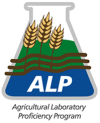


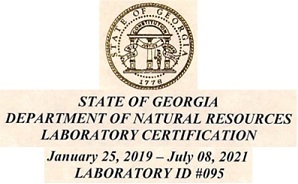
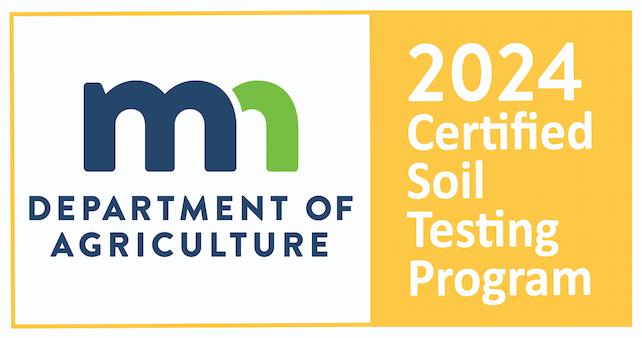
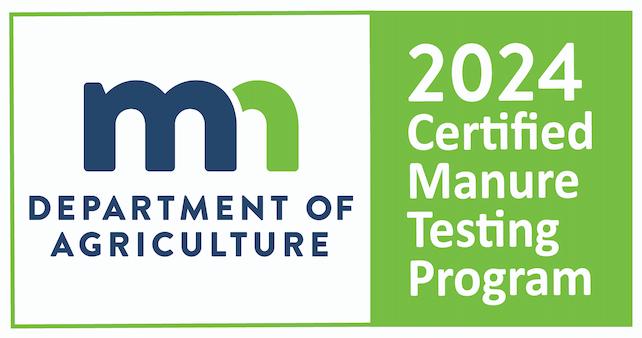
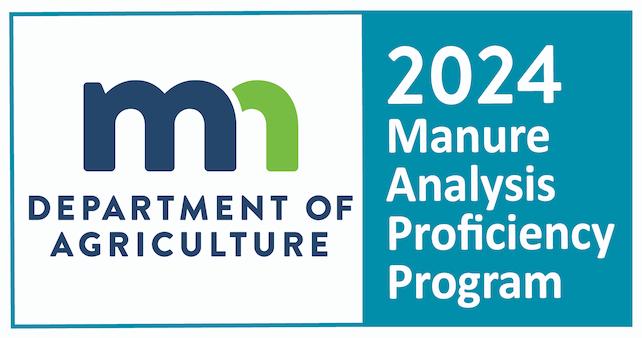
Tour our Facilities
If you're ever in the Athens area, we'd love to show you our labs. We can give tours for school groups, Extension agents and secretaries, or other laboratories. Since this is a working laboratory, we need to keep group sizes relatively small, and a tour would not be appropriate for elementary or middle school students.
Send us a message if you would like to schedule a tour.
History of the Laboratories
It proved difficult to coordinate and support soil testing laboratories at three widely scattered locations while also conducting research activities. This led to the consolidation of the soil testing functions at Athens in the mid-1960's with administration shifted to the Cooperative Extension Service. As the program grew, more space was needed and plans were developed for a new laboratory. This culminated with the construction of an 8,000 square feet building funded with a $263,000 state appropriation and completed in 1970. L.W. Eberhart Jr., Director of the Extension Service, called the new facility, "a boon to the state's billion dollar agricultural industry."
Coinciding with the construction of the new laboratory, a plant analysis service was added and fees were inaugurated to help cover the cost of operations. The routine soil analysis for $2.00 consisted of pH, lime requirement, P, K, Ca, and Mg. A plant analysis package was offered for $3.00 per sample. After the first full year of operation the soil sample numbers had risen from 40,000 up to 50,000, the staff had increased from eleven to sixteen, turnaround time had been reduced from several weeks to five days, and total expenses exceeded income from fees. There was also a mounting opposition to the fees for routine soil samples. The fee issue became political and resulted in the elimination of charges for routine soil tests in July, 1972. In return the laboratory received an appropriation of $100,000 from the legislature to cover approximately 50,000 samples annually.
Routine soil tests remained free until 1991 when budget cuts forced the initiation of a $4.00 per sample charge to recoup some of the losses.
Just as had happened 20 years earlier, this proved unpopular and an initiative was launched within the Legislature to reinstate free soil tests for farmers only.
Subsequently the 1994 fiscal year Extension appropriation contained $200,000 earmarked to offset the cost of farmer samples.
Since then, the price for routine soils has varied as follows:
- July 1, 1994 to June 30, 2003: Commercial routine soils – free; Non-commercial routine soils – $4
- July 1, 2003 to June 30, 2004: Commercial routine soils – $2; Non-commercial routine soils – $6
- July 1, 2004 to present: All routine soils – $6
All other analyses in all laboratory units are fee based with periodic adjustments to cover increased costs for doing business.
The soil testing aspects of the laboratory grew steadily during the 1970's and 80's with annual sample numbers reaching the 150,000 level. During this time frame the soil test recommendations were incorporated into the University's mainframe computer, which provided the County Agents with printed recommendations and the capability of accessing the sample results directly from the laboratory. Also in the late 70's, the introduction of the inductively coupled plasma (ICP) emission spectrophotometer into the routine operations of the laboratory revolutionized the soil testing program. The ICP provided rapid, simultaneous analysis of multiple elements. Georgia's laboratory was an early adopter of the ICP for routine soil testing and developed many of the applications subsequently modeled by other laboratories. Turn-around time was reduced to two to three days as a result of the adoption of these new technologies.
The Pesticide Residue Laboratory was born out of a crisis in 1970 when the industrial chemical PCB was found as a contaminant in poultry feed. It was originally a component of the Extension Poultry Science Department. As the demands of the poultry industry subsided, the laboratory has experienced increased requests for analytical services relating to a broad range of environmental issues.
The Poultry Feed and Nutrition Laboratory also had its roots in the Extension Poultry Science Department, while another feed testing service was offered through the Soil Testing and Plant Analysis Laboratory in support of dairy, beef, and swine. These programs were eventually combined into the Extension Feed and Nutrition Laboratory.
As the pesticide and feed nutrition programs began to grow, more space was needed. Temporary space was located in the Riverbend Research Laboratories, and the Pesticide Residue Laboratory and the Poultry Feed and Nutrition Laboratory were both moved there in 1974. This "temporary" space was provided until 1997 when new facilities were constructed.
The Pesticide Residue Laboratory and the Poultry Feed and Nutrition Laboratory were administered within the Extension Poultry Science Department and the Soil Testing and Plant Analysis Laboratory was in the Extension Agronomy Department until July 1, 1987. At that time they were merged under the title of the Agricultural Services Laboratories and a single administrator. This move was intended to consolidate the laboratory service programs into a cohesive management unit and provide more efficient operations with less duplication of services.
Two major physical expansions have been accomplished during the last decade. In 1989 the Soil Testing and Plant Analysis Laboratory building was remodeled and expanded to approximately 12,000 square feet. A second building was completed in September of 1997. This 16,000 square feet building was constructed at a cost of $2.3 million. The new building allowed the pesticide and feed units to move from borrowed space into facilities designed for their use and consolidated all of the related service laboratories at the College Station Road location.
In addition to building expansion and upgrading laboratory equipment, the adoption of computer technology has been another major development during the 1990's. Computers drive many of the instruments, export data directly to files for report preparation, and transfer results directly to the County Extension offices. In 1998 all routine test results for soil, water, plants, and feeds were made available for downloading and printing of reports at the local County Extension office.
Over time, the demand for expanded services has changed the roles of the respective laboratories operating under the umbrella of the Agricultural Services Laboratories. In order to more clearly identify with these changes, the individual laboratories were renamed in 1996 to include the Soil, Plant, and Water Laboratory, the Feed and Environmental Water Laboratory, and the Pesticide and Hazardous Waste Laboratory. Likewise, the overall unit was renamed the Agricultural and Environmental Services Laboratories to more clearly show the critical linkage of agriculture and the environment.
